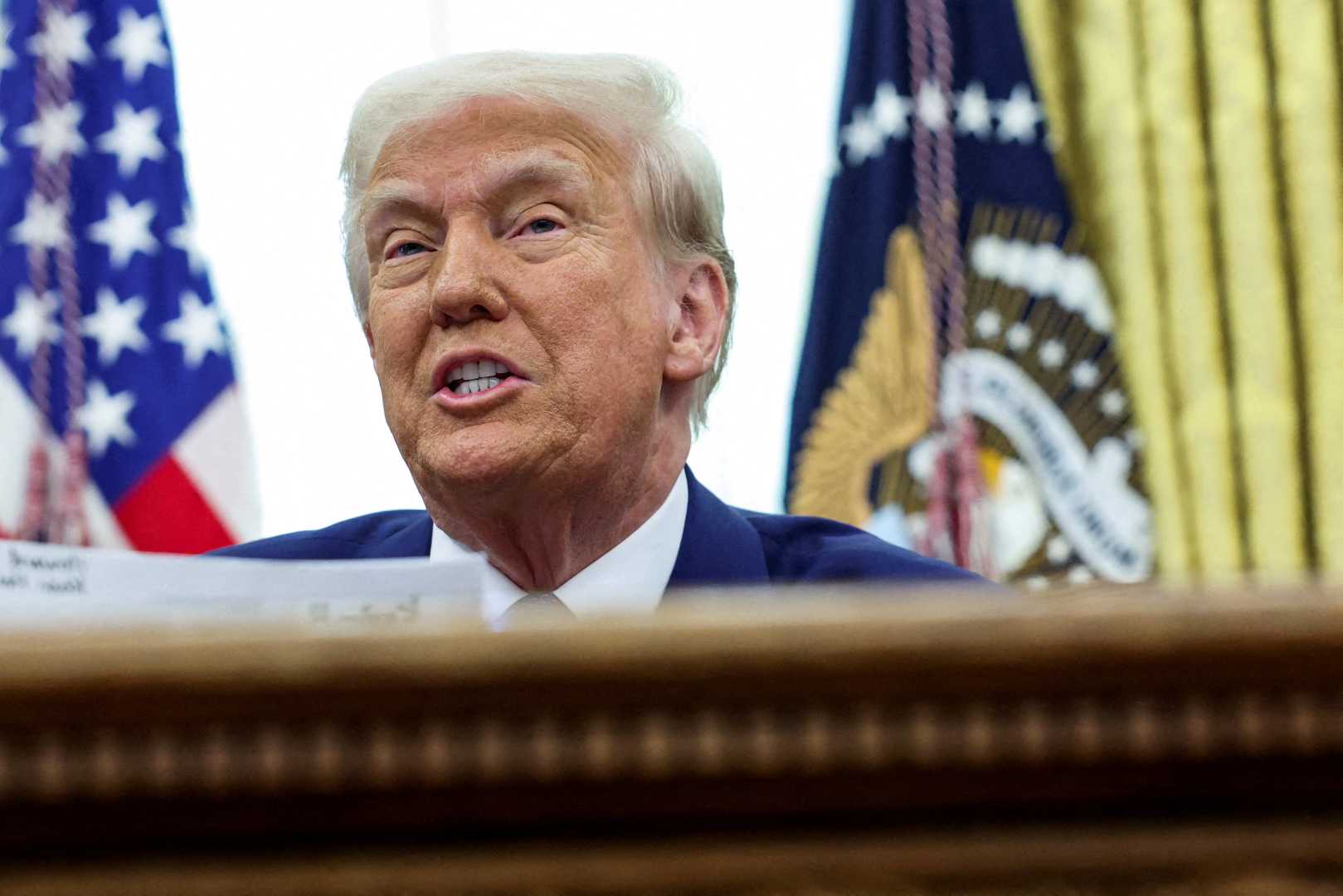News
Trump’s Aid Freeze Disrupts Battle Against Fentanyl Smuggling in Mexico

WASHINGTON, D.C. — Former President Donald Trump‘s freeze on foreign aid is impacting U.S. efforts to combat fentanyl trafficking, a drug crisis that has claimed thousands of American lives annually. The United Nations counternarcotics program aimed at intercepting fentanyl precursors destined for Mexican cartels has been significantly hampered by the suspension of funding, according to eight unnamed sources familiar with the matter.
The initiative, which began in 2023, provided the Mexican navy with training and enhanced equipment to screen cargo at ports, particularly the busy Port of Manzanillo. Originally, plans included expanding training to two additional Mexican ports by this month, but those plans have been derailed following Trump’s decision to halt further financial support.
In 2023, the U.S. allocated $800,000 to start operations at the Port of Manzanillo, a key location where drug traffickers have been known to smuggle Chinese chemicals used in opioid and methamphetamine production. Further upgrades in cargo scanning capabilities were also scheduled before the freeze took effect.
The fallout from the funding cessation extends beyond the counternarcotics initiative. U.S. support programs designed to enhance local law enforcement capabilities in Mexico, aimed at identifying and dismantling hidden fentanyl processing labs, have also been adversely affected. Additionally, the program for providing drug detection canines to Mexican agencies is now in jeopardy.
Currently, the Trump administration is exploring ways to reactivate certain anti-fentanyl initiatives, including a proposed $7.8 million funding package from the State Department aimed at countering trafficking and crippling terrorist organizations related to drug production.
Despite these efforts, a substantial portion of the Bureau of International Narcotics and Law Enforcement Affairs’ total $50 million budget remains frozen. “Stopping all these programs at this moment, I just don’t see how this is going to have a positive impact on reducing the numbers of fentanyl deaths in the U.S.,” said Enrique Roig, a former State Department official.
This freeze follows a broader narrative in U.S.-Mexico relations surrounding drug trafficking concerns as the Trump administration has labeled several Latin American drug cartels as “foreign terrorist organizations.” The move, which coincides with increased military operations in Mexico, has raised questions about the coherence and impact of U.S. foreign policy regarding narco-terrorism.
In the ongoing public discourse surrounding fentanyl and drug-related deaths, the failure to provide essential resources and training to counter these threats could inevitably lead to greater challenges in curbing the opioid crisis affecting American communities.












